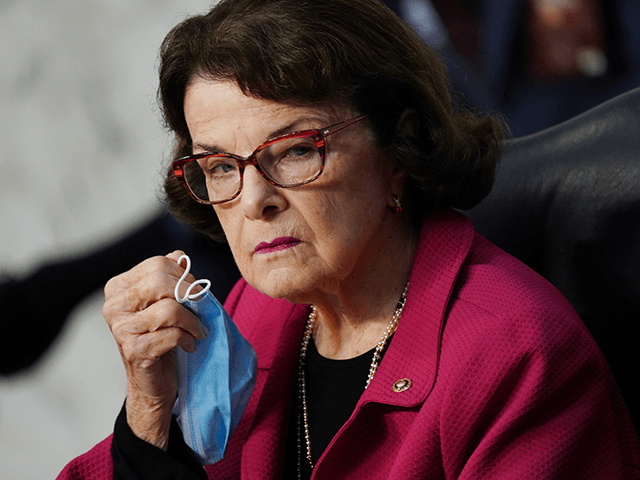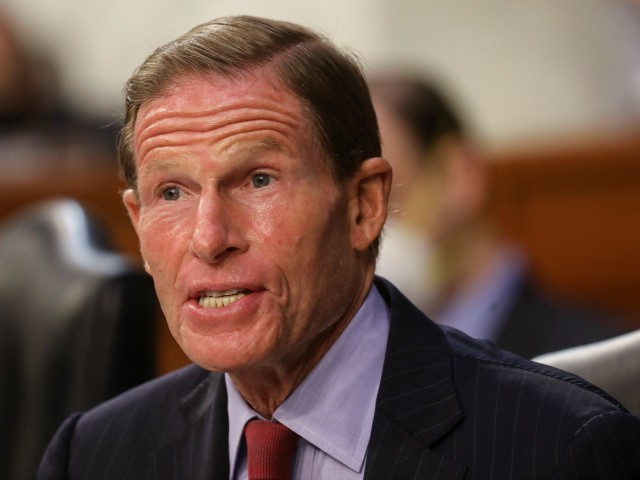
A new release of the Twitter Files provides further evidence that the company was aware that claims of “Russian bots” on the platform, made by Democrats and the media, were wildly exaggerated or outright fabrications. Nevertheless, Twitter continued to indulge the Democrat and mainstream media-pushed conspiracy theory in public.
As Twitter attempted to placate Democrats on the hill with an appeasement strategy, humoring claims about Russian influence they knew were false, Twitter officials complained that the strategy amounted to “feeding congressional trolls.”
3.Twitter officials were aghast, finding no evidence of Russian influence:
“We are feeding congressional trolls.”
“Not any…significant activity connected to Russia.”
“Putting the cart before the horse assuming this is propaganda/bots.” pic.twitter.com/r8O21QacME— Matt Taibbi (@mtaibbi) January 12, 2023
“Twitter warned politicians and media the[y] not only lacked evidence, but had evidence the accounts weren’t Russian – and were roundly ignored,” wrote journalist Matt Taibbi, who released the latest batch of the Twitter Files.
One prominent example highlighted by Taibbi is when former Congressman Devin Nunes submitted his classified memo to the House Intelligence Committee, exposing FBI abuses in using FISA courts to approve surveillance against individuals linked to Trump, and the critical role played by the discredited Steele Dossier.
Democrats including Rep. Adam Schiff (D-CA), along with Sens. Dianne Feinstein (D-CA) and Richard Blumenthal (D-CT) claimed that Russian bots were boosting the Nunes report through the hashtag “#ReleaseTheMemo.”
“We find it reprehensible that Russian agents have so eagerly manipulated innocent Americans,” wrote Blumenthal, in a letter to Jack Dorsey, then CEO of Twitter.
17.Roth couldn’t find any Russian connection to #ReleaseTheMemo – at all. “I just reviewed the accounts that posted the first 50 tweets with #releasethememo and… none of them show any signs of affiliation to Russia.” pic.twitter.com/wJJ3rmI3Ks
— Matt Taibbi (@mtaibbi) January 12, 2023
But Twitter could not find any significant evidence of Russian bots boosting the hashtag. “I just reviewed the accounts that posted the first 50 tweets with #releasethememo and… none of them show any signs of affiliation to Russia,” wrote Yoel Roth, who would briefly become head of Trust & Safety under Elon Musk, in an email to colleagues.
“We investigated, found that engagement as overwhelmingly organic, and driven by VITs.” VITs is a reference to Very Important Tweeters — prominent accounts that drive engagement.
Twitter then attempted to persuade Blumenthal that the allegations of Russian bot activity were overblown — only for Blumenthal to release his letter publicly, putting more PR pressure on the company.
“Blumenthal isn’t looking for real and nuanced solutions” but “just wants to get credit for pushing us further,” concluded one official at Twitter.
https://t.co/eOqNK7yE15 the story, if you give a mouse a cookie, he’ll want a glass of milk, which will lead to a wave of other exhausting requests, at the end of which he’ll want a glass of milk. And one more cookie. pic.twitter.com/ySlFfzGt1y
— Matt Taibbi (@mtaibbi) January 12, 2023
In addition to calling them “trolls,” Twitter officials compared the behavior of Russia-obsessed Democrats to the children’s story “If You Give a Mouse a Cookie.”
In the story, attempting to placate a hungry mouse by offering him a cookie only leads to endless demands for more snacks.
“I’m legit embarrassed I didn’t think of that first,” was how one Twitter executive described the metaphor.
Despite mocking the Democrats’ obsession with non-existent Russian influence operations behind closed doors, Twitter made virtually no attempt to warn the public that the “bot panic” was exactly that — a panic, motivated by politics and without basis in reality.
“Despite universal internal conviction that there were no Russians in the story,” wrote Taibbi, “Twitter went on to follow a slavish pattern of not challenging Russia claims on the record.”
Allum Bokhari is the senior technology correspondent at Breitbart News. He is the author of #DELETED: Big Tech’s Battle to Erase the Trump Movement and Steal The Election.








